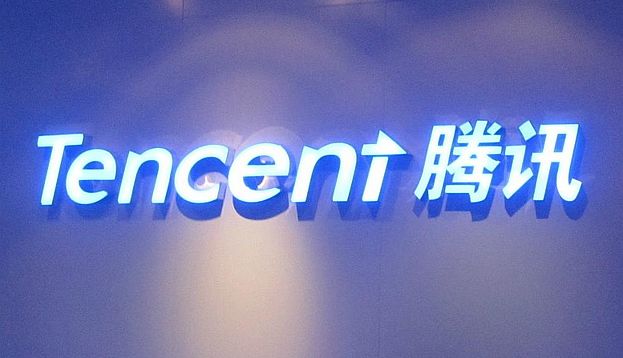The gaming industry continues to grow substantially on its way to $100 billion a year in global sales, largely on the strength of mobile games. While a number of mobile game companies have risen to join the $1 billion in annual sales club, it’s still the diversified game publishers that are the world’s largest game companies. Leading that list, once again, is China’s Tencent.
VentureBeat recently posted an article that explains how the Chinese company has taken over the industry, with a number of facts to back up that claim. Tencent owns the most popular social media and messaging services in China, but derives the majority of its revenue from games. The company has also invested heavily in Western game companies; it’s the majority investor in Riot Games, and it owns large stakes in Epic Games and Activision Blizzard, among others.
Tencent’s revenues managed to reach a whopping $3.65 billion in the first quarter for 2015, ending March 31. That’s a 22 percent increase from a year before, with a non-GAAP profit of $1.16 billion – a 37 percent increase from 2014. By comparison that quarterly revenue is only slightly below what Electronic Arts or Activision Blizzard took in during their entire last year.
“During the first quarter of 2015, we continued to expand our mobile user base and improve our engagement with users while delivering solid financial results,” said Ma Huateng, chairman and CEO for Tencent. “Our key mobile properties extended their leadership in China and continued to broaden user activities from social and communications to gaming, entertainment, media content, payment and beyond.
“Driven by mobile-social and video advertisements, our total advertising revenue more than doubled year-on-year,” Hauteng continued. “Our Red Envelope gifting initiative spurred increased adoption of our payment solutions and boosted total payment volume. Looking ahead, we aim to bring further technology benefits to users through our ‘Internet +’ strategy of connecting users with services in various vertical industries through collaboration with a broad range of partners.”
Going into further detail with the “value-added services,” Tencent stated that they rose in revenue by 29 percent, up to $3 billion. Online game revenue also saw a heavy increase, to $2.14 billion, over the year, through a number of its popular smartphone games.
Revenue from PC client games also showed no signs of slowing, contributing to the increase alongside social network revenues, which grew by 32 percent to $856 million.
In-game item sales in mobile platforms and higher subscription revenues from the company’s QQ membership also added up, with an increase by 131 percent to $439 million. Total cash overall equaled $4.08 billion, although that number was a 26 percent decrease from the previous year, mainly due to strategic investments.
Tencent reported that its monthly smartphone users for the QQ service reached 603 million, a 23 percent increase from a year ago, and the combined monthly active users for its Weixin and WeChat services grew to 549 million – a 39 percent increase.
As far as the most popular games, both FIFA Online 3 and Riot Games’ League of Legends (in which Tencent has a healthy investment) were revenue leaders.
Revenues from smartphone games reached over $700 million, an 82 percent increase from the previous year, making Tencent the largest publisher of mobile games in China. This includes a number of licensed titles, including Infinity Blade Saga and Naruto games.
Of course, a lot of this success comes from key partnerships, as Tencent has investments in Riot Games, as well as Activision Blizzard and Epic Games, the makers of the popular Unreal Engine technology.
In addition, it recently invested a whopping $60 million for a 20 percent stake in Pocket Gems, a popular mobile company that produced the hit War Dragons. It’s a key investment, as its releases have seen more than 200 million downloads since its release, according to TechCrunch.
“We’re thrilled to be partnering with Tencent, whose unparalleled strength in games publishing and operations in China will help us create great mobile games and entertainment for players globally,” said Pocket Gems CEO Ben Liu.
Indeed, there’s no stopping Tencent’s momentum now, as its dominance is sure to continue in the gaming industry for years to come.

